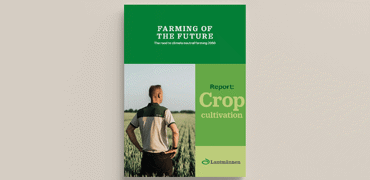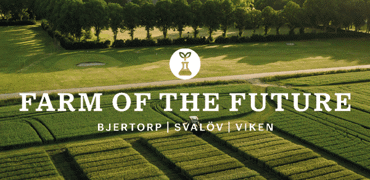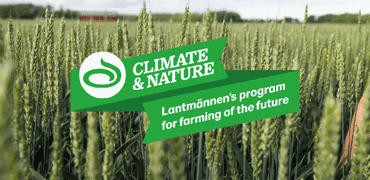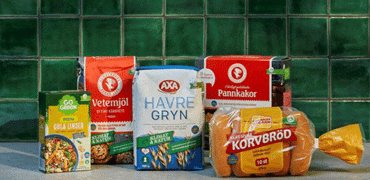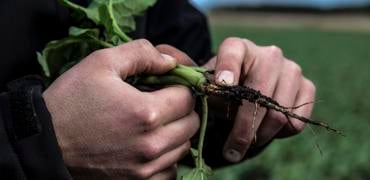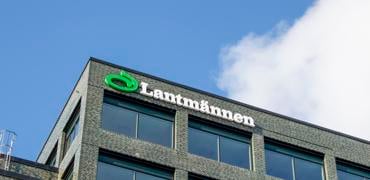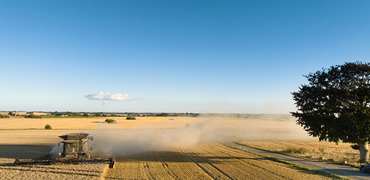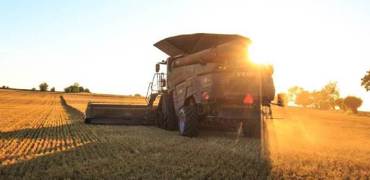“Thus far, 2014 has been characterized by continued and determined efforts in line with Lantmännen’s strategic alignment, and an increased focus on creating value in the grain value chain. A number of major corporate transactions have been completed during the summer, and Lantmännen has initiated several strategic partnerships – for example within the plant breeding and seed area. This is part of our long-term strategy, and has contributed to strengthening Lantmännen’s financial position, as well as positioning the Group for future growth,” says Per Olof Nyman, Lantmännen’s Group President and CEO.
All figures below refer to operating profit excluding items affecting comparability. Last year’s results in brackets.
The Agriculture Sector’s result for the first eight months amounts to MSEK -11 (85). The lower profit is mainly contributed to lower sales in the seed business, due to last year’s large autumn sowing and smaller spring sowing in the current year. This year’s harvest has gone well, with a good service level and efficient logistics.
“The result does not reflect the improvements that have been made in the agricultural business over the past four months. Among other things, we have been working to improve the service level towards our agricultural customers – as part of this, we opened five new grain reception facilities to handle the volumes of this year’s large harvest. The cost adjustments within the sector’s white-collar organization that were announced in the spring have now been completed, with a more streamlined organization and lower costs as a result,” says Per Olof Nyman.
The Machinery Sector’s result for the first eight months amounts to MSEK 88 (129). The lower profit is mainly due to reduced demand, particularly for large construction equipment in Sweden – but also due to a decline in the Scandinavian tractor market. Lantmännen has, however, strengthened its overall market share in Sweden, and Valtra is still the market leader. Both Lantmännen Maskin and Swecon are working intensively with measures to counteract the decrease in demand, for example through streamlining processes and increased marketing.
The Energy Sector’s result for the first eight months amounts to MSEK 28 (-55), a substantial improvement over the previous year. Lantmännen Agroetanol’s results are significantly higher than last year; partly due to decreased write-downs, but also to continued improvements and greater resource efficiency in the production. Lantmännen Aspen continues to perform well, and has increased sales so far this year. Lantmännen Reppe is developing as planned.
The Food Sector’s result for the first eight months amounts to MSEK 364 (351). The sector continues to perform well; adjusted for the divested chicken business, the sector’s result is clearly higher than the same period last year. Lantmännen Cerealia has made a number of corporate transactions in the last four-month period, which strengthens the business for the future. Within Lantmännen Unibake, most markets continue to perform very well – particularly in the UK, where the result has improved considerably. Sales have also increased significantly in Poland, Finland and Russia in the last four-month period.
Lantmännen Real Estate’s result for the first eight months is on the same level as last year: MSEK 103 (99).
“One of Lantmännen’s main strengths and competitive advantages is our presence in the entire value chain from field to fork. That is something we continue to develop, and those efforts will continue during the autumn – for example through further investments in innovation and product development, collaborations and partnerships with other companies, and development of the Lantmännen brand,” says Per Olof Nyman.
The full interim report is available at www.lantmannen.se/finance.






